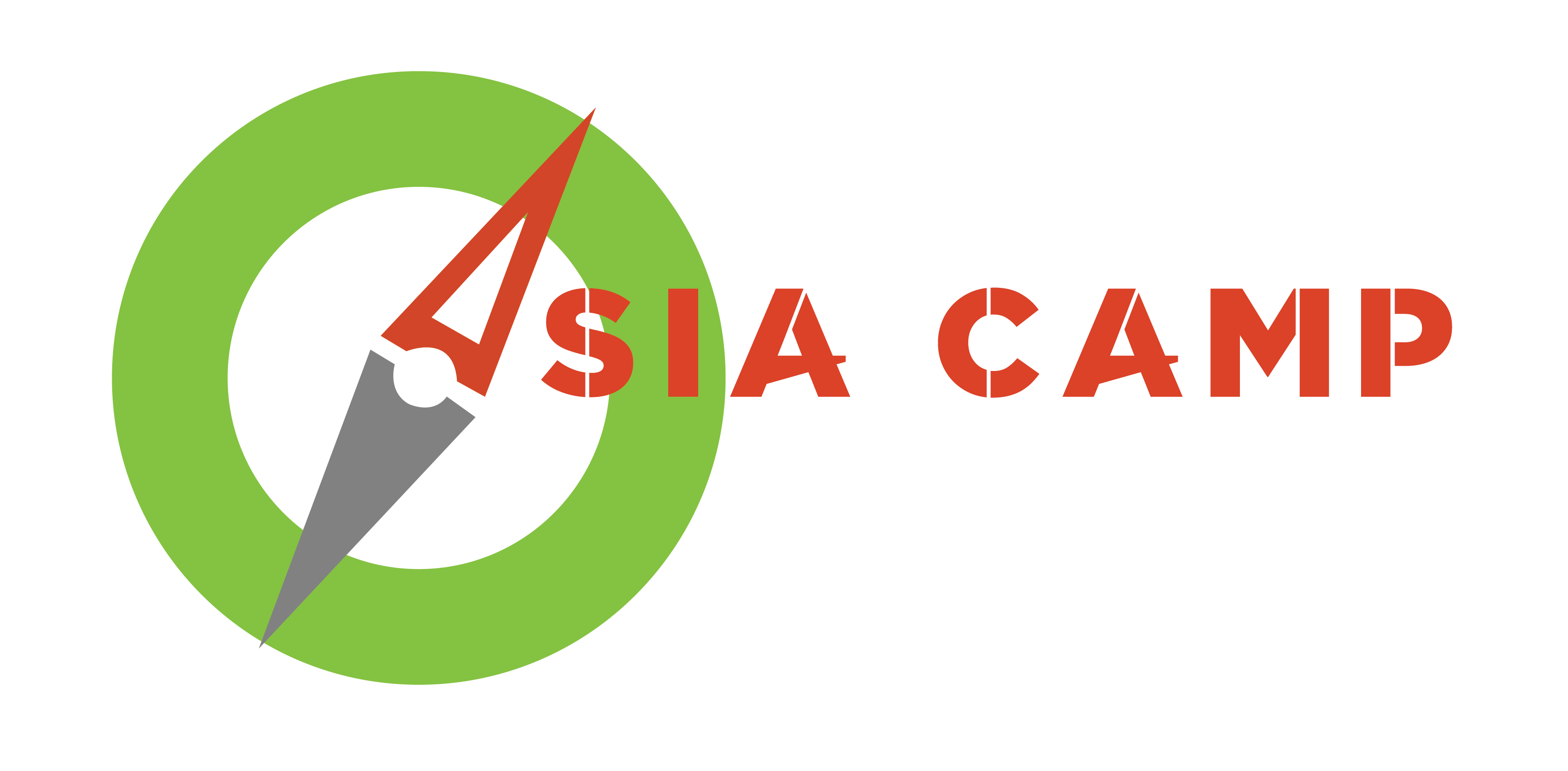- Experiential learning recognises that people learn best from their own experiences and their own reviews
- Experiential learning subscribes to the notion that what people do is more important than what they know
- Experiential learning renders behaviours and attitudes visible and thereby can become acknowledged and then addressed
- Experiential learning is built on the premise that it is not enough to explain to people what to do, they must be shown how to actually do it and then how to improve it
- Experiential learning moves beyond knowledge and into skill by generating a learning experience – the more experience the greater the skill
- Experiential learning gets to grips with the most important aspect of training and that is to achieve change in behaviour and attitude
- Experiential learning understands that to be remembered over a long period of time the learning process should be enjoyable, motivating and rewarding
- Experiential learning respects the individuals ideas and choices
- Experiential learning gives the individual the right to ‘confront’ difficult situations with the view to there resolution
- Experiential learning provides opportunity to take on challenge in an atmosphere of support and caring (the challenge may be intellectual, emotional, physical, mental, or all four)
- Experiential learning generates space and time to stand back and reflect when pressures or doubts become too strong
- Experiential learning cultivates a realisation that the attempt at doing something new or different is more significant than the result
- Experiential learning produces an awareness that effective learning requires small controlled steps outside comfort zones
The structure of an experiential learning programme
A training needs analysis is always the starting point for experiential learningprogramme design. These should take place with representatives from the whole ‘system’, i.e. external experiential learning representatives as well as internal sponsors and custodians. It is very important during training needs analysis to take into account the business aims and culture of the organisation as a whole as well as the individuals and teams.
The experiential learning design is based on the findings of the training needs analysis. An experiential learning programme can include any combination of planning meetings, workshops, assignments and progress reviews. For clarity we shall use the term ‘modules’ to refer to a meeting or workshop or assignment or review. Modules can be interwoven or stand alone and are designed to be sequential to build on and anchor experiential learning generated.
The experiential learning design uses innovative approaches as described below, to achieve the individual’s, team’s and organisational goals.
The design of experiential learning modules ensures that they offer challenges of a mental, emotional, intellectual and physical nature to the group – it is therefore an holistic approach. Just like life! In order to achieve positive outcomes, the group must work together to plan, participate, problem solve, make decisions and consider the role of leadership when appropriate. Therefore team building s a key component.
Other components of an experiential learning module explore feelings, trust, feedback, listening, effective questioning, communication between generations and levels of management, risk taking, reflection and review.
Subsequent experiential learning modules are designed after the learning from previous modules. Individuals and the group have time to work on action plans and implement those plans between experiential learning modules.
Each experiential learning module begins with an evaluation of action plans before moving forward in the experiential learning cycle.
The length of an experiential learning programme is dictated by the group or team’s objectives and of course budget. Programmes can have a duration of weeks, months or even years. Much depends upon the effectiveness of inherent team building and whether experiential learning is part of a continuous improvement, or life skills, or qualification programme, or on the other hand viewed as a short term energiser.
Whatever the duration of the experiential learning programme the principle here is for the training consultant(s) to help the group/team apply the learning into their work setting. At the time when both the client and consultant feel that the experiential learning habit has been anchored, the consultant becomes redundant or can occasionally be brought in to facilitate meetings or reviews or conduct team coaching or individual mentoring sessions.
